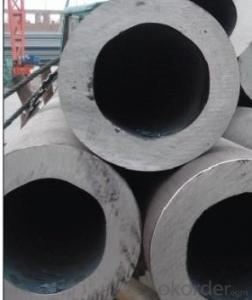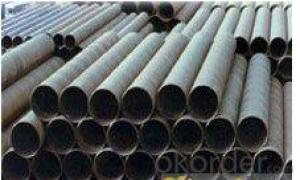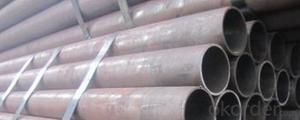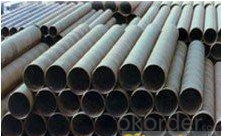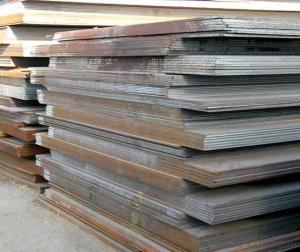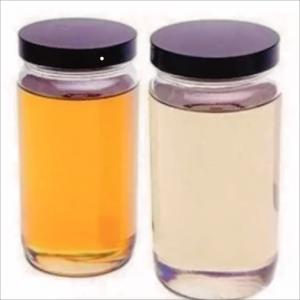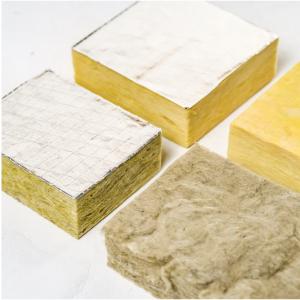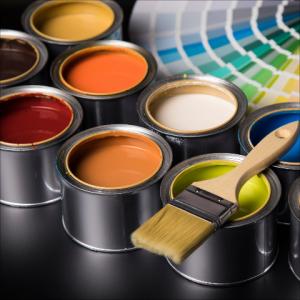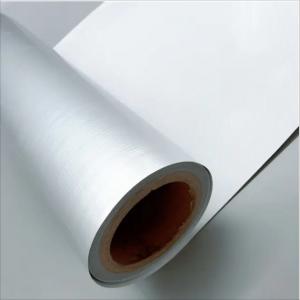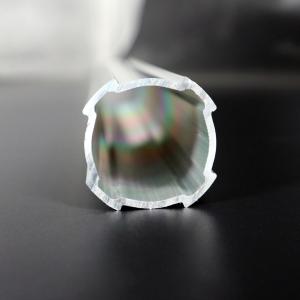RHS Steel Pipes Schedule 40 Seamless Carbon Steel Pipe ST37 CNBM
- Loading Port:
- Qingdao
- Payment Terms:
- TT OR LC
- Min Order Qty:
- 10 pc
- Supply Capability:
- 30 pc/month
OKorder Service Pledge
OKorder Financial Service
You Might Also Like
Quick Details
| Thickness: | 1.73 - 59.54 mm | Section Shape: | Round | Outer Diameter: | 10.3 - 914.4 mm |
| Secondary Or Not: | Non-secondary | Application: | Fluid Pipe | ||
| Technique: | Hot Rolled | Certification: | API | Surface Treatment: | Galvanized,vanish covering, black painting, galvenized ect. |
| Special Pipe: | API Pipe | Alloy Or Not: | Non-alloy | Length: | 5-12m as per customer's requirements |
| SCH: | SCH10~160, STD, XS & XXS | Payment Terms: | L/C T/T | Supply Ability: | 5000 Ton/Tons per Week |
| Product: | pipe prices | Grade: | 10#,20#,45#,A106(B,C),A53(A,B),12Cr1MoV,12Cr1MoVG,12Cr2Mo,13CrMo44,13CrMo45,15CrMo,15CrMoG,St52,St52.4,10#-45#,A53-A369,Cr-Mo alloy,ST35-ST52 | Standard: | API 5CT,API 5L,ASTM A106-2006,ASTM A53-2007,DIN 17175,GB 3087-1999,GB 5130,GB 6479-2000,GB 9948-2006,GB/T 17396-1998,GB/T 5312-1999,GB/T 8162-1999,GB/T 8163-1999,API,ASTM,DIN,GB |
Packaging & Delivery
| Packaging Detail: | By bundles, seaworthy wooden cases, steel framed cases, and simple packaging or according to the demand of the customers. |
| Delivery Detail: | within 5-15 days |
Specifications
1.pipe prices
2.Supply Ability:5000 Tons per Week
3.Payment Terms:L/C T/T
High quality Carbon steel pipe, Best pipe prices
1) Application: Overheat pipe for low and mediumpressure boiler,boiling water pipe, locomotive smoke pipe(big and small),Carry gas ,water or oil in the industries of petroleum and natural gas etc
2) Materials: 10#, 20#, 45#, 15CrMo, 12Cr1MoV, 13CrMo44, 12Cr2Mo, 13CrMo45, 12Cr1MoVG, 15CrMoG, API J55, API K55, API N80, API L80, API P110
3)Pipe according to standard: GB 3087-1999, GB/T 8163-1999, GB/T 8162-1999, GB 9948-2006, GB/T 17396-1998, GB/T 5312-1999, GB 6479-2000, GB 5130, DIN 17175, API 5CT, API 5L .
4)Packing: By bundles, seaworthy wooden cases, steel framed cases, and simple packaging or according to the demand of the customers.
Technical Parameters of Seamless Steel Pipe
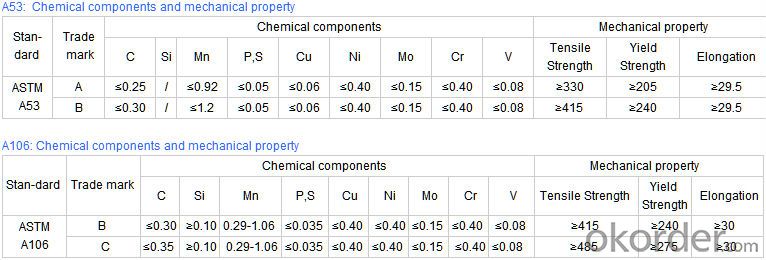
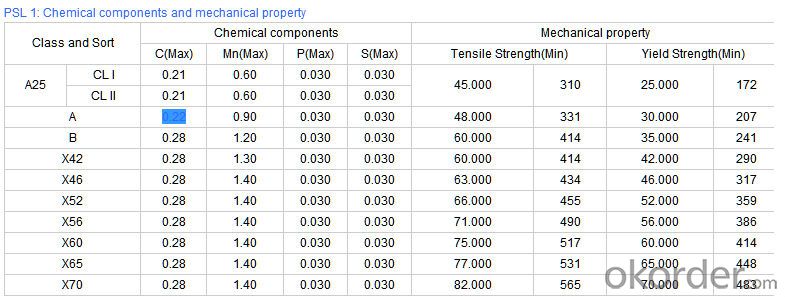
- Q:How are steel pipes used in firefighting systems?
- Steel pipes are commonly used in firefighting systems as they provide durability and resistance to heat, making them ideal for transporting water or fire extinguishing agents. These pipes are used to create a network of water supply lines, sprinkler systems, and hydrants that are crucial for effectively extinguishing fires and controlling their spread.
- Q:Can steel pipes be used for transporting liquids?
- Yes, steel pipes can be used for transporting liquids. Steel pipes offer excellent strength, durability, and resistance to corrosion, making them suitable for various applications, including the transportation of liquids such as water, oil, and gas.
- Q:Can steel pipes be used for underground transportation tunnels?
- Yes, steel pipes can be used for underground transportation tunnels. Steel pipes are commonly used in the construction of underground tunnels for various purposes such as transporting water, gas, and sewage. They are known for their durability, strength, and resistance to corrosion, making them suitable for underground applications. Steel pipes can withstand the weight and pressure exerted by the surrounding soil and can be reinforced to ensure stability. Additionally, steel pipes can be manufactured in various sizes and lengths, allowing for flexibility in tunnel design. However, it is essential to consider factors such as soil conditions, load-bearing capacity, and potential environmental impacts when deciding to use steel pipes for underground transportation tunnels.
- Q:How are steel pipes used in the construction of dams?
- Steel pipes are used in the construction of dams for various purposes such as water intake/outlet systems, penstocks, and spillway gates. These pipes are essential for transporting water to and from the dam, controlling the flow, and ensuring the dam's stability.
- Q:How are steel pipes protected against seismic activities?
- Steel pipes can be protected against seismic activities through various measures such as using flexible joints, employing seismic bracing systems, and implementing proper installation techniques. Additionally, coating the pipes with corrosion-resistant materials and conducting regular inspections and maintenance can further enhance their protection against seismic events.
- Q:Can steel pipes be insulated for thermal efficiency?
- Yes, steel pipes can be insulated for thermal efficiency. Insulating steel pipes helps to reduce heat loss or gain, depending on the application. The insulation material is typically wrapped around the pipes to create a protective barrier. This helps to prevent heat transfer from the pipes to the surrounding environment or vice versa. Insulating steel pipes can significantly improve energy efficiency by reducing the amount of energy required to heat or cool the fluid flowing through the pipes. It is a common practice in various industries such as HVAC, oil and gas, and industrial processes where temperature control is critical. Additionally, insulation also helps to prevent condensation and corrosion on the outer surface of the pipes. Overall, insulating steel pipes is a cost-effective solution to enhance thermal efficiency and reduce energy consumption.
- Q:What's the difference between hot-rolled seamless steel tube and cold-rolled seamless steel tube?
- Cold rolled seamless steel pipe (DIAL) in general, steel pipe for low and medium pressure boiler tube, high-pressure boiler steel pipe, alloy steel pipe, stainless steel pipe, oil cracking tube and other steel tube, including carbon thin-walled steel, alloy thin-walled steel, stainless steel, thin steel tube.
- Q:How are steel pipes used in the manufacturing of furniture and appliances?
- Steel pipes are commonly used in the manufacturing of furniture and appliances due to their strength, durability, and versatility. One of the main uses of steel pipes in furniture manufacturing is for constructing the frames or structures of various pieces, such as chairs, tables, and beds. These pipes are often used as the primary support system, providing a sturdy and reliable foundation for the furniture. In appliances, steel pipes are utilized for various purposes. They are commonly employed in the manufacturing of kitchen appliances, such as stoves, ovens, and refrigerators, to create the internal framework and support the weight of the appliance. Steel pipes are also frequently used in the production of washing machines, dryers, and dishwashers to transport water and other fluids throughout the appliance. Furthermore, steel pipes are utilized in the manufacturing of outdoor furniture and equipment, where weather resistance and durability are crucial. These pipes are often coated with protective materials to prevent rust and corrosion, ensuring the longevity of the furniture and appliances. Overall, steel pipes play a vital role in the manufacturing of furniture and appliances, providing the necessary strength and support required for these items. Their versatility allows for various applications, making them an essential component in the production process of these goods.
- Q:Are steel pipes suitable for wastewater pumping stations?
- Indeed, steel pipes prove to be a fitting option for wastewater pumping stations. Renowned for their endurance and robustness, steel pipes excel in handling the challenging conditions and high-pressure demands within these stations. They possess the capacity to withstand the corrosive properties of wastewater while resisting harm caused by chemicals and other aggressive substances commonly present in such environments. Furthermore, steel pipes are accessible in a variety of sizes and thicknesses, enabling customization to fulfill the specific requirements of each pumping station. Moreover, the ability to easily weld and connect steel pipes ensures a secure and leak-proof system. In conclusion, steel pipes provide a dependable and enduring solution for wastewater pumping stations.
- Q:Can steel pipes be used for underground fuel storage tanks?
- Yes, steel pipes can be used for underground fuel storage tanks. Steel pipes are commonly used for various applications, including underground storage tanks for fuel. They are strong, durable, and resistant to corrosion, making them suitable for long-term storage of fuels such as gasoline, diesel, and oil. Additionally, steel pipes can be easily welded together to create a seamless and secure tank structure. However, it is important to ensure that the steel pipes used for underground fuel storage tanks are properly coated with corrosion-resistant materials to protect them from any potential damage caused by exposure to moisture or the chemicals present in the fuel. Regular inspection and maintenance are also necessary to ensure the integrity of the tank and prevent any leaks or environmental hazards.
1. Manufacturer Overview |
|
|---|---|
| Location | |
| Year Established | |
| Annual Output Value | |
| Main Markets | |
| Company Certifications | |
2. Manufacturer Certificates |
|
|---|---|
| a) Certification Name | |
| Range | |
| Reference | |
| Validity Period | |
3. Manufacturer Capability |
|
|---|---|
| a)Trade Capacity | |
| Nearest Port | |
| Export Percentage | |
| No.of Employees in Trade Department | |
| Language Spoken: | |
| b)Factory Information | |
| Factory Size: | |
| No. of Production Lines | |
| Contract Manufacturing | |
| Product Price Range | |
Send your message to us
RHS Steel Pipes Schedule 40 Seamless Carbon Steel Pipe ST37 CNBM
- Loading Port:
- Qingdao
- Payment Terms:
- TT OR LC
- Min Order Qty:
- 10 pc
- Supply Capability:
- 30 pc/month
OKorder Service Pledge
OKorder Financial Service
Similar products
New products
Hot products
Hot Searches
Related keywords
